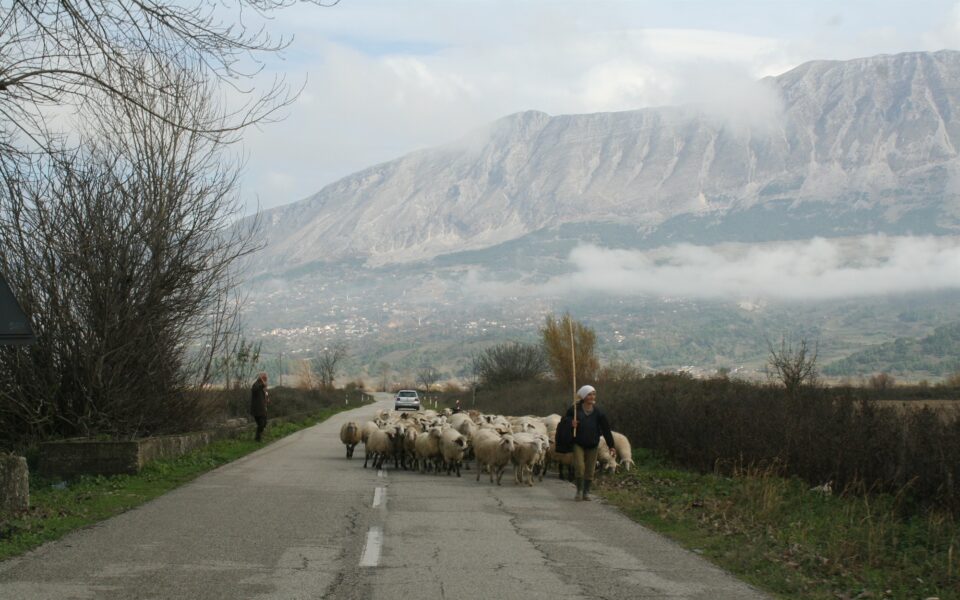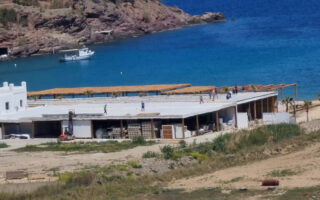Rama, Himara and the ethnic Greek minority

Albanians will vote in local elections on Sunday, May 14. Given the fragmentation of the main opposition Democratic Party, Prime Minister Edi Rama of the left-wing Socialist Party is practically unchallenged.
In 2019, the opposition, including the Greek minority Unity for Human Rights Party, better known in Greece as KEAD, abstained from the municipal elections as part of their confrontation with the government of Rama, who won almost all the municipalities.
Everything indicates that now, with the opposition fragmented, the Socialists will renew their political dominance at the ballot box, despite the corruption allegations against the government and its leader traveling outside the borders for some time now.
However, for the international community, Rama, in the absence of a meaningful alternative, remains their unwavering interlocutor on the eastern coast of the Adriatic, despite the fact that he is increasingly leaning toward the embrace of Turkish strongman Recep Tayyip Erdogan.
If Albania’s local elections fail to generate significant interest due to the predetermined outcome, the election in the municipality of Himara will have the status of the “mother of all battles” for the also divided Greek minority.
Rama, in the absence of a meaningful alternative, remains their unwavering interlocutor on the eastern coast of the Adriatic
The municipality of Himara may not have been designated as a minority area for geopolitical reasons, but it holds powerful symbolism for both the Greek minority and Albanian nationalism. That’s why the local election results are being closely watched.
Himara has historically been a bastion of Greek identity, but its presence is steadily declining due to emigration. According to the remaining diaspora, this decline is exacerbated by the tactics of the Albanian state, such as land seizures for purported tourism purposes. The ultimate goal of these tactics is to de-Hellenize the villages of the mountain range that overlook the Strait of Corfu and Otranto.
The minority group has formally aligned itself with the wing of the Democratic Party that is controlled by former prime minister Sali Berisha. They hope to gain control of the municipality from Jorgo Goro, an ethnic Greek who is supported by Rama. Goro has been elected mayor three times and is now seeking a fourth term.
For the first time, it appears that the minority has a strong candidate in Fredi Beleri of the Omonia party. However, it has its Achilles’ heel, which is immigration. The majority of potential voters for the ethnic Greek candidate might not be able to go to the polls, as it may be difficult for them to travel from Greece. And this could prove to be the candidate’s biggest obstacle.
However, it reflects the tragic state of the Greek minority in Albania, with its abandoned villages. The upcoming vote should serve as an opportunity to awaken the ethnic Greek leadership, which is called upon to set aside personal agendas in order to regain the lost trust of the diaspora. It should also alert Athens to the fact that we are in a period where in the Balkans, everyone is taking care of their minorities, using them as diplomatic tools in possible shifts of the balance of power.





